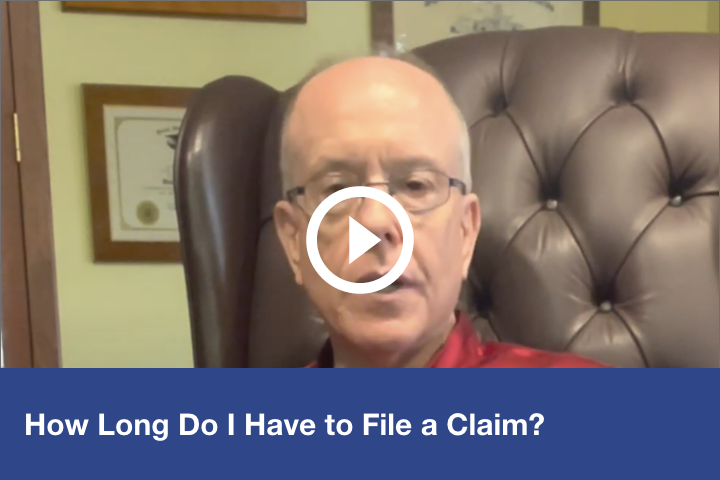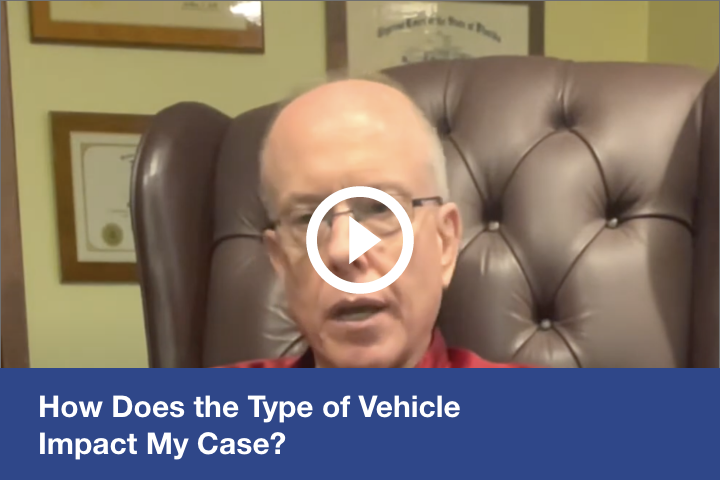Florida Motor Vehicle Accident and Insurance Laws
When you are involved in a car accident, a lot comes down to determining fault and liability. Although the state of Florida has no-fault insurance statutes that require each party to cover some of their own medical expenses after an accident, you can still seek damages from the at-fault party.
State laws are helpful both in establishing what you should do after an accident and determining who is responsible for an accident. To learn more about the motor vehicle code in Fort Lauderdale, reach out to David Fuchs.
Crash and Insurance Code to Understand
Several laws in the code outline how much and which types of insurance you must have, as well as what you should do after an accident in Fort Lauderdale:
- 627.736: Drivers must have personal injury protection coverage that has at least $10,000 in medical and property damage coverage.
- 316.027: When there is a collision involving injury, the drivers must stop their vehicles and remain at the scene until they have provided their contact and insurance information, reported the crash, and offered reasonable aid as required in 316.062.
- 316.061: If a crash causes property damage, the drivers must stop as directed under 316.062 and avoid obstructing traffic.
Reckless Driving in State Code
Reckless driving covers a huge variety of dangerous driving behaviors, so the list below does not cover every statute that explores reckless driving. However, if the officer who responds to an accident issues any of these citations, that may serve as evidence in your personal injury case.
- 316.192: Reckless driving is driving in a way that shows willful or wanton disregard for others or property.
- 316.1923: Aggressive careless driving is another serious issue. It involves driving above the speed limit, improperly changing lanes, following too closely, failing to yield right of way, improperly passing, or violating traffic control devices and signs.
- 316.1925: Under this statute, people who do not drive in a careful and prudent manner with regard for current circumstances may be in violation of the law.
- 316.1926: Drivers who drive more than 50 miles per hour above the speed limit or otherwise violates traffic safety laws can be cited.
Driving Under the Influence
Drivers who are under the influence of drugs or alcohol put everyone on the road in danger. Florida laws outline the testing methods used to assess drivers and the penalties for driving under the influence. If the other driver in a crash is cited for driving under the influence, you may have additional evidence to use in your personal injury case.
- 316.193: If a person has a blood alcohol level of 0.08 or higher, they are guilty of driving under the influence. However, even if their BAC is lower than that level, they may still be guilty if their normal faculties are impaired.
- 316.1936: Having open containers of alcohol in the vehicle is against the law. While this violation may not be enough to prove that the other party is liable for the crash, it may be an avenue to explore.
Laws Regarding Commercial Motor Vehicle Drivers
Crashes involving tractor-trailers and other commercial vehicles have a very high rate of serious injuries and fatalities. As a victim, you may also face pushback from multiple insurance companies, employers, and other parties that make it difficult to seek compensation. These elements of the code may make it easier to prove that a commercial driver or carrier in Fort Lauderdale was not operating safely.
- 316.302: Under this law, all commercial drivers must adhere to strict safety standards while on the road. This law also specifies that drivers of hazardous materials cannot drive more than 12 hours after spending 10 hours off-duty or after spending 16 hours on the road.
- 316.3026: This law specifies what it means to engage in unlawful operation of motor carriers. While this statute may not directly implicate a driver, it may indicate that the motor carrier is responsible for the conditions causing an accident.
Pedestrian and Cyclist Safety
Cyclists or pedestrians injured in car accidents often fare far worse than drivers, which is why several Florida statutes specifically protect pedestrians and cyclists.
- 316.130: While this statute largely focuses on laws regarding pedestrians’ behavior, it does also include some requirements for drivers. Under section 7, a driver approaching an intersection with a traffic control signal must allow a pedestrian to cross the road when they have a signal allowing them to do so. They must do the same if a sign indicates that pedestrians may be crossing. If there is no signage, drivers must still yield right of way to pedestrians that are in a crosswalk.
- 316.1995: Drivers must not drive on a sidewalk or bike path.
Talk to David Fuchs about the Motor Vehicle Code in Florida
Creating a strong car accident case involves examining a crash from every angle and looking for evidence wherever possible. Florida statutes are a valuable source of information and evidence, pointing to possible judgment errors and mistakes made by other drivers.
When you choose David I. Fuchs, Injury & Accident Lawyer, P.A. for your personal injury case, rest assured that we will leave no stone unturned while building your case. Our goal is to get you the compensation you deserve when someone else’s actions have left you injured.
Ready to get started? We’re ready to help. Call David I. Fuchs, Injury & Accident Lawyer, P.A. to learn more about the motor vehicle code in Fort Lauderdale and get started on the case process.



